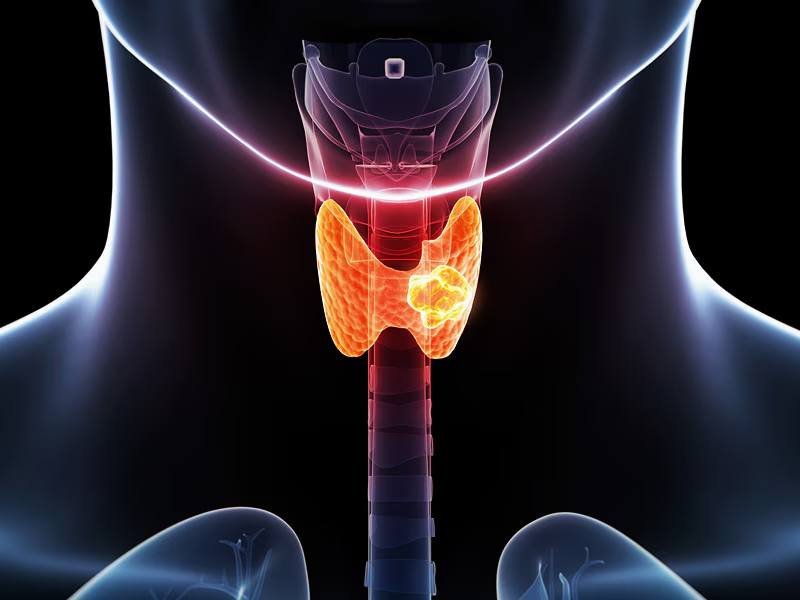Our Service
Home > Services
Services
let us helping you by make an appointment
Lorem ipsum dolor sit amet consectetur.
Thyroid Cancer Surgery

Thyroid Cancer Surgery is a type of cancer that develops in the cells of the thyroid gland, a small butterfly-shaped gland located in the front of the neck. While thyroid cancer is relatively rare compared to other types of cancer, it is important to be aware of its symptoms, treatment options, and prognosis.
Thyroid cancer begins when the cells in the thyroid gland grow uncontrollably, forming a tumor. There are several types of thyroid cancer, with papillary thyroid cancer being the most common, followed by follicular thyroid cancer, medullary thyroid cancer, and anaplastic thyroid cancer. The exact cause of thyroid cancer is not always clear, but risk factors include exposure to radiation, family history of thyroid cancer, and certain genetic conditions.
Symptoms and Signs:
The symptoms of thyroid cancer can vary depending on the type and stage of the cancer but may include: – A lump or swelling in the neck – Changes to the voice, such as hoarseness – Difficulty swallowing – Persistent cough – Pain in the neck and throat – Swollen lymph nodes in the neck It is important to note that some people with thyroid cancer may not experience any symptoms in the early stages, making regular check-ups and screenings essential for early detection.Treatment:
Treatment for thyroid cancer typically involves a combination of surgery, radioactive iodine therapy, hormone therapy, and in some cases, external radiation therapy. The primary goal of treatment is to remove the cancerous cells while preserving the function of the thyroid gland and surrounding tissues.Surgical Treatment:
The primary treatment for thyroid cancer is surgery to remove part or all of the thyroid gland. In cases where the cancer has spread beyond the thyroid gland, nearby lymph nodes may also be removed. The type of surgery performed depends on the size and stage of the cancer.Prognosis and Outcome:
The prognosis for thyroid cancer varies depending on several factors, including the type of thyroid cancer, stage at diagnosis, age of the patient, and response to treatment. Generally, thyroid cancer has a high survival rate, with the 5-year survival rate for most types of thyroid cancer being greater than 90%. However, the prognosis may be less favorable for certain types of thyroid cancer, such as anaplastic thyroid cancer, which is more aggressive and harder to treat. Regular follow-up care, including monitoring of thyroid hormone levels and imaging studies, is important to detect any recurrence or spread of the cancer. In conclusion, thyroid cancer is a treatable disease with high survival rates, especially when detected early and treated promptly. If you experience any symptoms of thyroid cancer or have risk factors for the disease, it is essential to consult with a healthcare provider for proper evaluation and management. Stay informed, stay proactive, and take control of your thyroid health for a brighter and healthier future.




